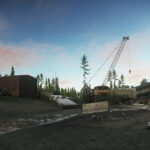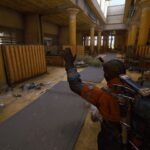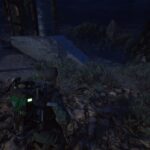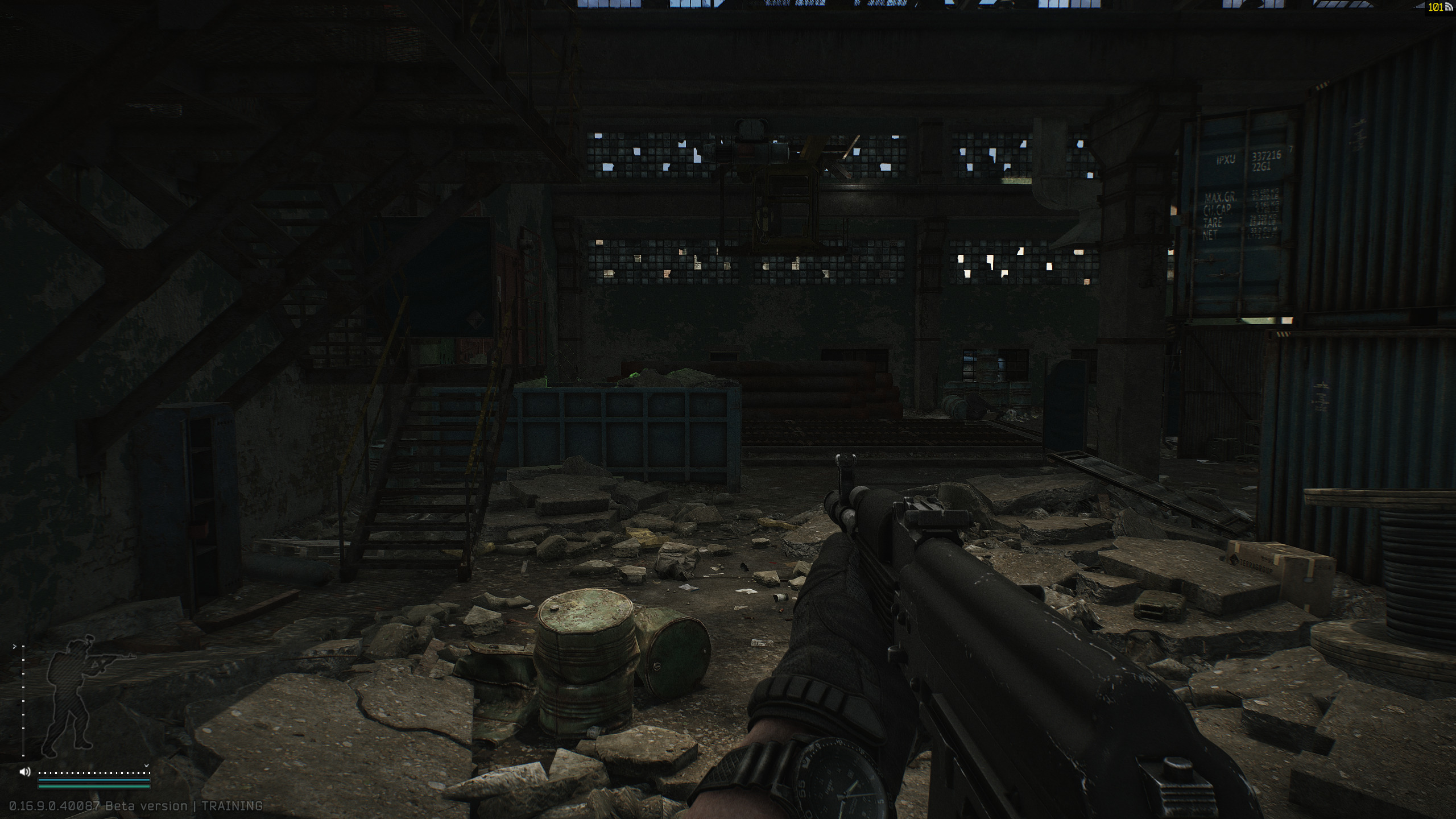Predicting player movements is one of the highest forms of skill in Escape From Tarkov. The ability to anticipate where your opponents are headed, how they’ll react, and what strategies they’ll use separates elite survivors from average raiders. By understanding map flow, spawn behavior, and the evolving meta, you can consistently stay one step ahead—striking first and surviving longer.
This guide explores how to read player patterns, adapt to changing metas, and develop tactical awareness that makes every raid feel controlled and calculated in 2025.
Understanding Spawn Logic and Early Movements
Every raid begins with predictable chaos. Player spawns are semi-random but follow patterns based on map layout and faction balance. By learning the approximate spawn zones, you can anticipate early engagements and plan safe routes. For example, on Customs, spawns near Trailer Park tend to rush Dorms, while Big Red spawns often move toward Construction and Gas Station.
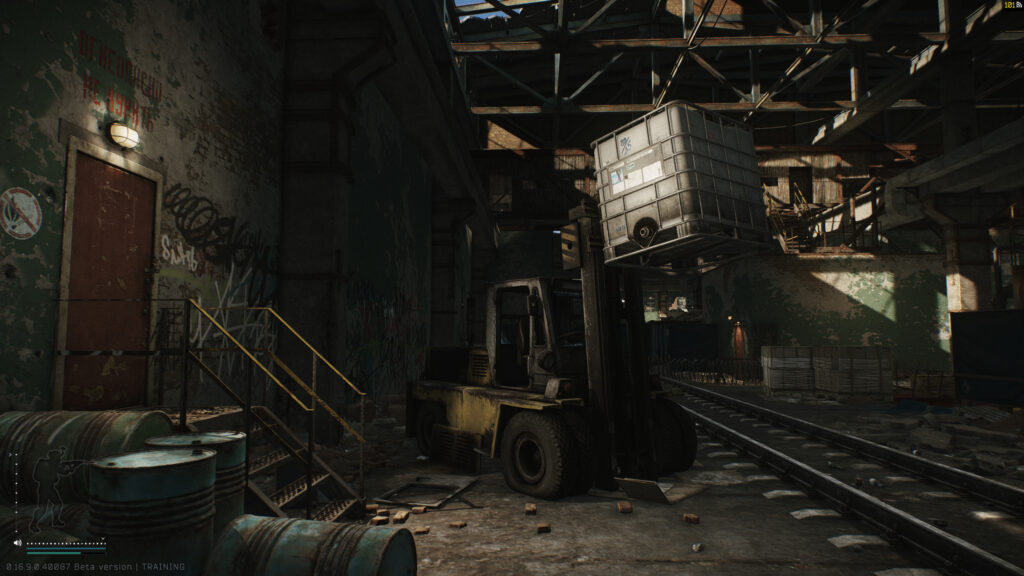
Tracking these first movements helps you intercept or avoid combat depending on your goals—PvP or profit.
Map Flow and Common Player Paths
Each Tarkov map has “flow lines” where players naturally move between loot areas, extractions, and objectives. These high-traffic zones can be exploited for ambushes or avoided for stealth runs. Observing player behavior teaches you how most raiders think—on Shoreline, for instance, the West Wing is always prioritized before East due to better loot distribution.
Understanding map rhythm gives you control of encounters before they even happen.
Reading the Meta and Weapon Trends
Tarkov’s meta evolves constantly. Weapon choices, ammo types, and armor preferences shift after every patch, altering player behavior. When high-penetration ammo like M995 becomes scarce, players move toward mid-tier calibers and lighter armor, leading to faster and riskier firefights. By tracking these trends, you can adjust your tactics—using suppressed rifles during stealth-heavy metas or heavier kits when aggressive play dominates.
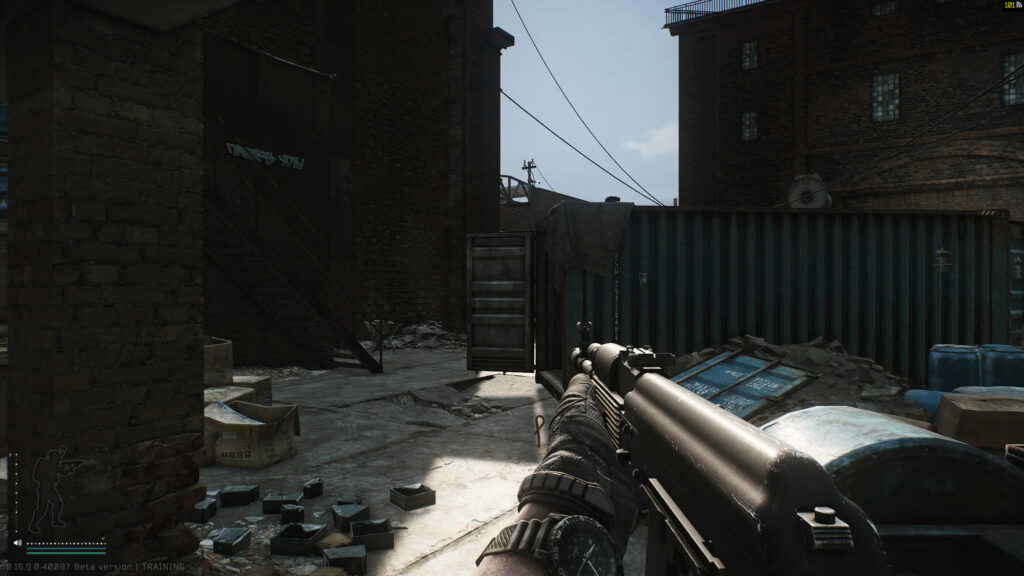
The meta doesn’t just affect what players use—it affects where they go and how they fight.
Sound Cues and Behavioral Patterns
Experienced players rely heavily on sound to predict movement. Footsteps, reloads, and door interactions reveal a player’s route and pace. Some move erratically to bait enemies, while others stick to predictable clearing patterns. By recognizing repetition—like looting every crate in a line or sprinting between cover—you can time ambushes with near-perfect accuracy.
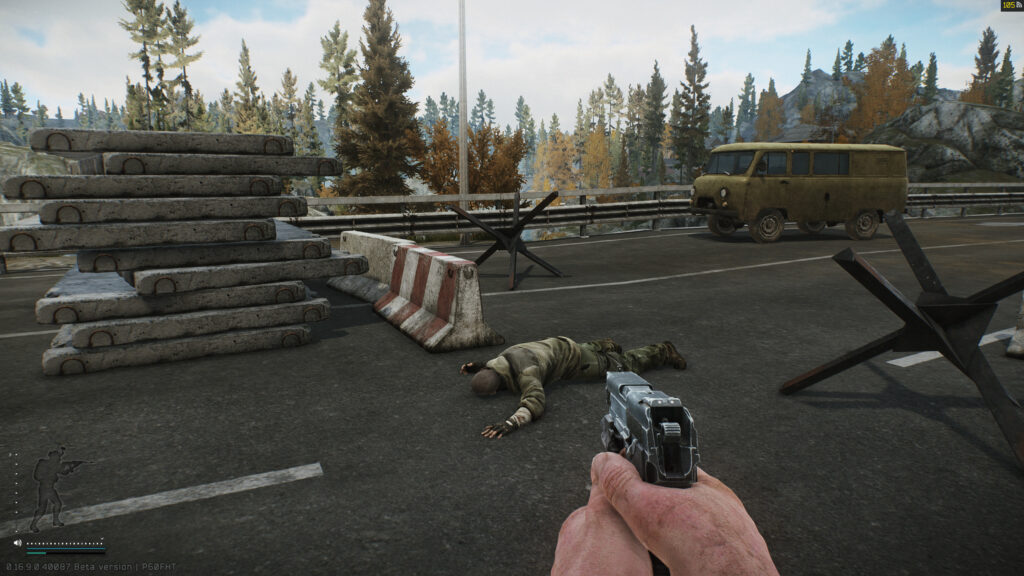
Patience and silence often reveal more about your opponent than direct line of sight ever could.
Adapting to Meta Playstyles
Different wipe phases bring different mentalities. Early wipe players are cautious, mid-wipe raiders are opportunistic, and late-wipe veterans are confident and heavily armed. Tailor your strategies to exploit these patterns: bait early players into overextending, avoid mid-wipe hot zones, and flank late-wipe juggernauts instead of challenging them head-on.
Mastering these mental shifts turns prediction into pure control—you’ll always be reacting faster than your enemies.
Predictive Positioning Examples
The table below highlights examples of predictive positioning and common behaviors across popular maps:
| Map | Predictive Behavior | Counter Strategy |
|---|---|---|
| Customs | Players rush Dorms for early PvP | Flank via Construction and intercept on retreat |
| Woods | Snipers camp Scav House ridge | Rotate through USEC Camp and approach from cover |
| Interchange | Looters rotate between Techlight and Rasmussen | Wait near Power Station extract to catch survivors |
| Reserve | Raiders lure players underground | Control surface level and force them upward |
Conclusion
Predicting player movements and reading the meta in Tarkov is about observation, adaptation, and experience. Once you understand how spawns, loot routes, and the meta influence decisions, you can manipulate encounters to your advantage. In 2025, the most successful players aren’t just accurate—they’re aware.
When you know what others will do before they do it, you’ve already won the fight.

